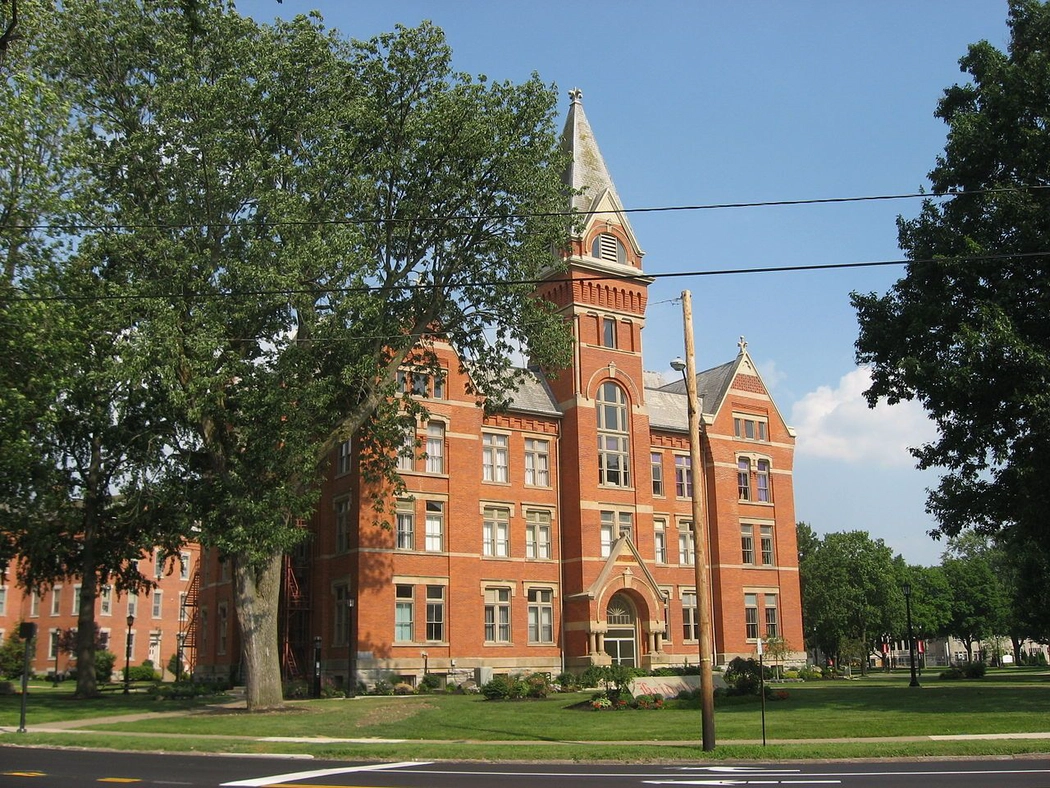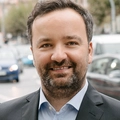How Does Tourism Change People and Places?
DOI:
https://doi.org/10.21036/LTPUB10510Researcher
Carsten Wergin is Head of a Research Group at Heidelberg University's research area 'Transcultural Studies' (funded by the German Excellence Initiative). Previous positions include that of Marie Skłodowska-Curie Fellow at the Social Policy Research Centre at the University of New South Wales (UNSW), Sydney. He is a founding member of the Environmental Anthropology Working Group of the German Anthropological Association (GAA), and Deputy Chair of the German Association for Australian Studies (GASt). His research focuses, among other topics, on socio-ecological transformations triggered by tourism, heritage and the resources sector. It is based on extensive ethnographic fieldwork conducted in the Indian Ocean World, the European Ultra-Periphery, the Mascarene Islands and Northwest Australia.

Original Publication
Travelling the Mascarenes: Creoleness in Tourism Policies and Practices on La Réunion, Mauritius and Rodrigues
Published in
Intensifying the Tourist Experience: ‘Survenirs’ at Daly Waters Pub
Stephen Muecke,
Carsten Wergin
Published in
Questions of Value: Tourism and the Resources Boom
'Three Days Awake': Cultural Urbanism at a Popular Music Festival Outside the City
Carsten Wergin
Published in
Reconstructing Biodiversity for Tourism Development: Ethnographic Accounts from a World Heritage Site in the Making
CARSTEN WERGIN
Published in
Citation
Carsten Wergin,
Latest Thinking,
How Does Tourism Change People and Places?,
https://doi.org/10.21036/LTPUB10510,
Credits:
© Carsten Wergin
and Latest Thinking
This work is licensed under CC-BY 4.0
